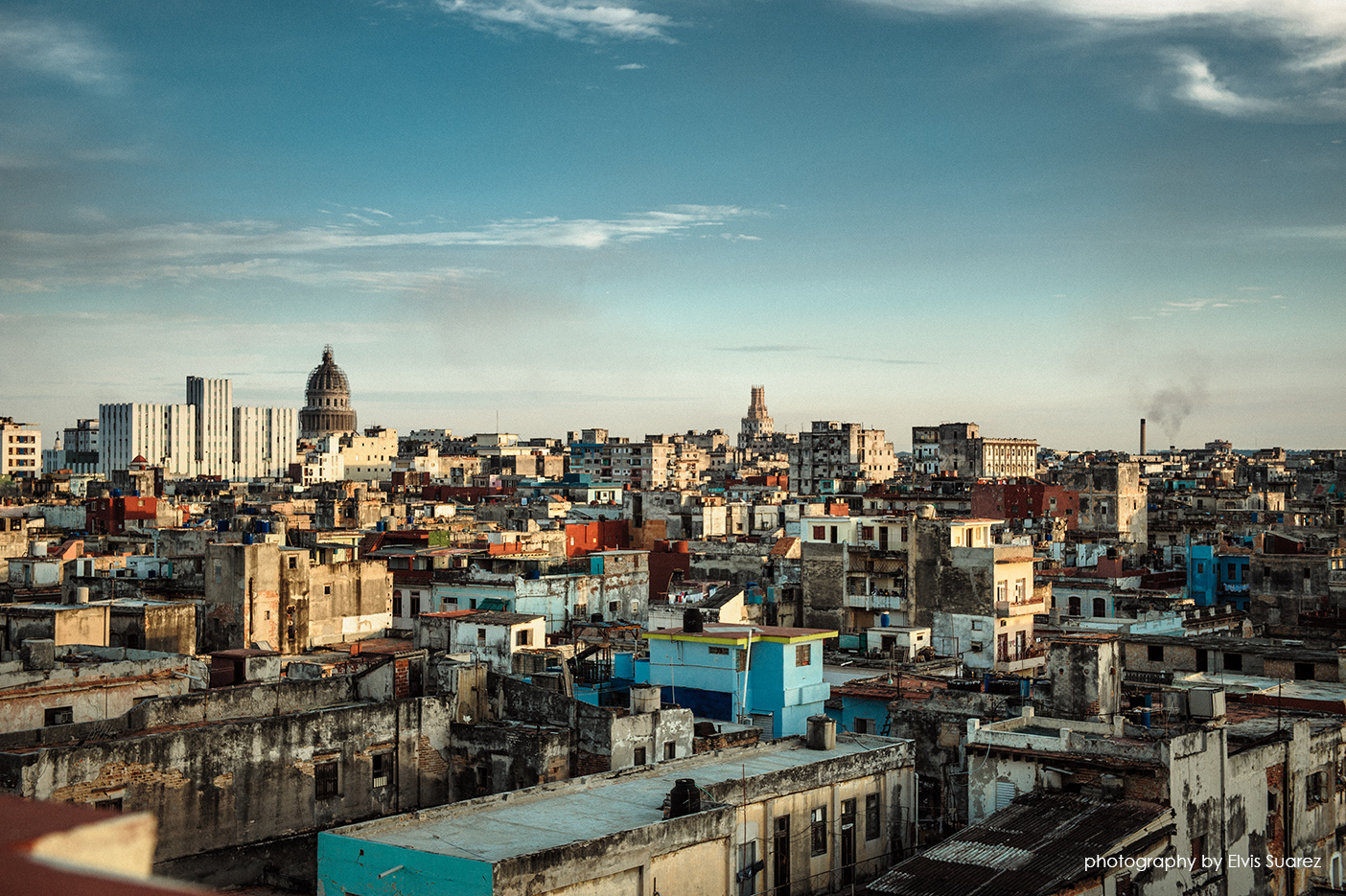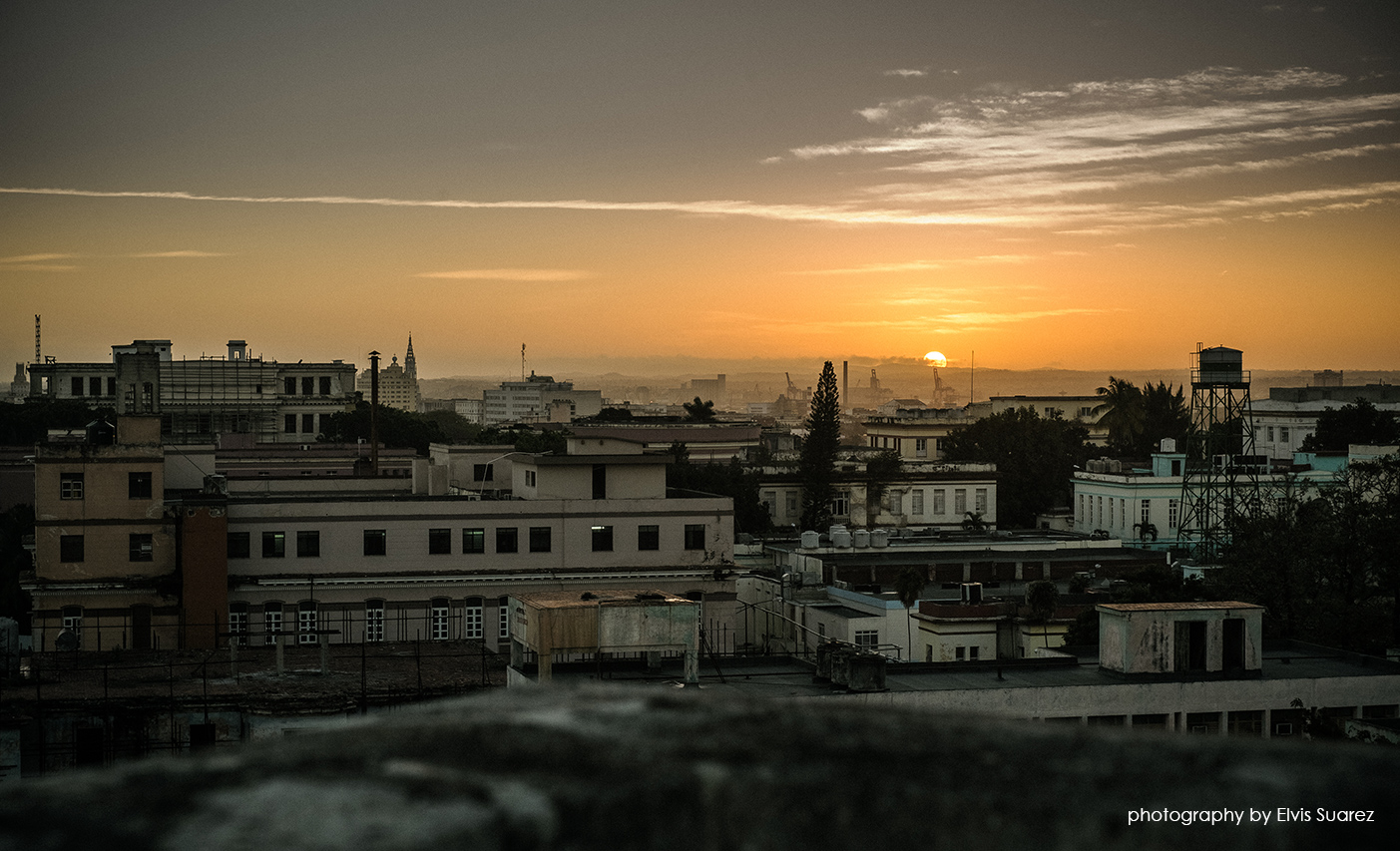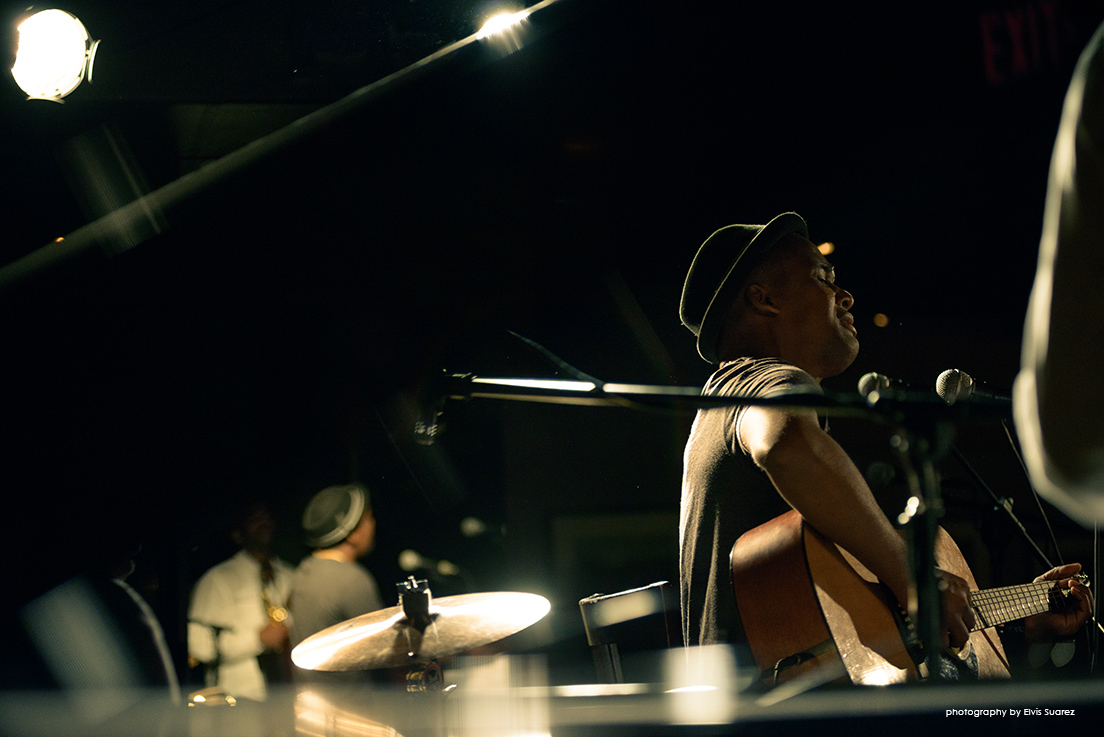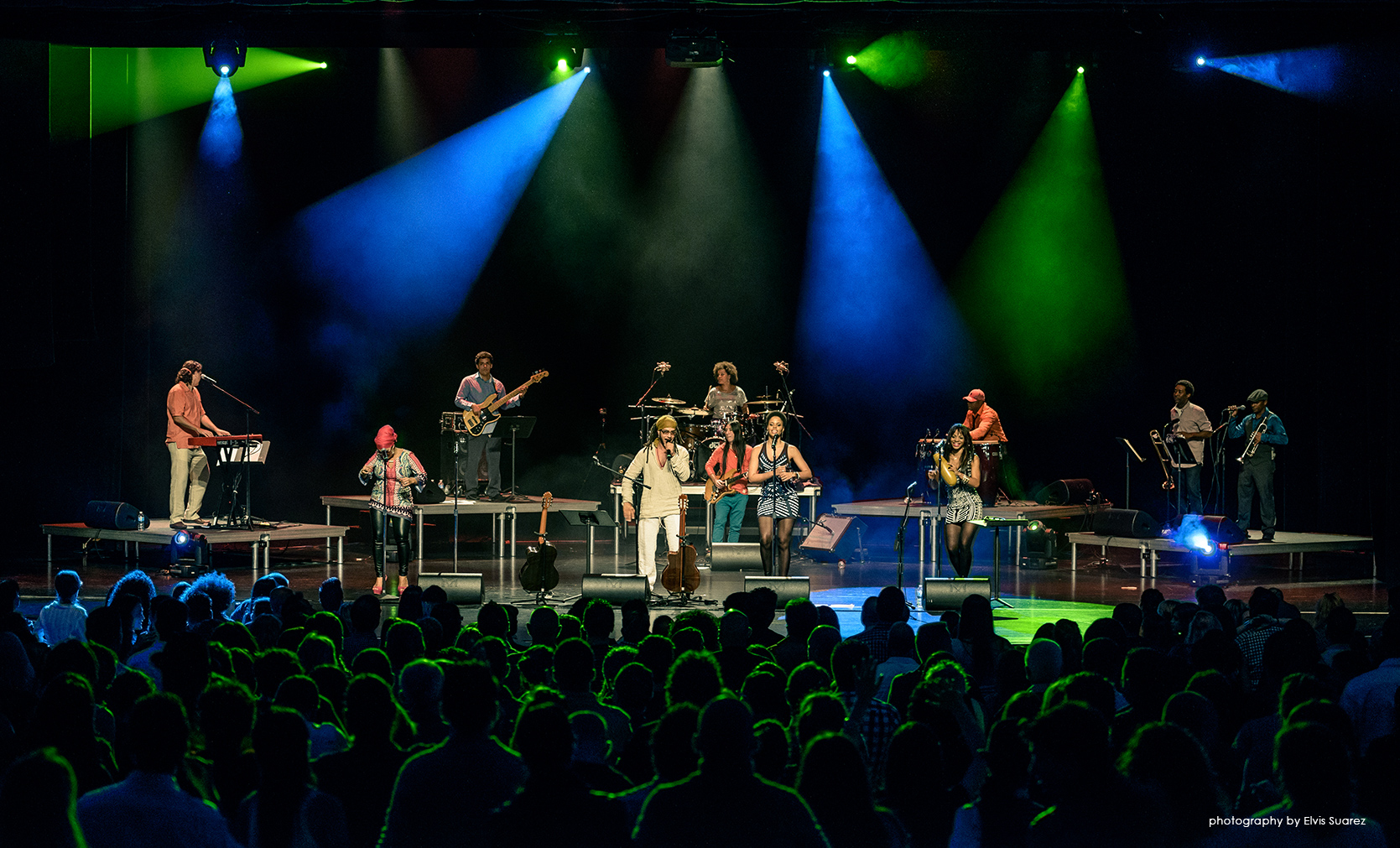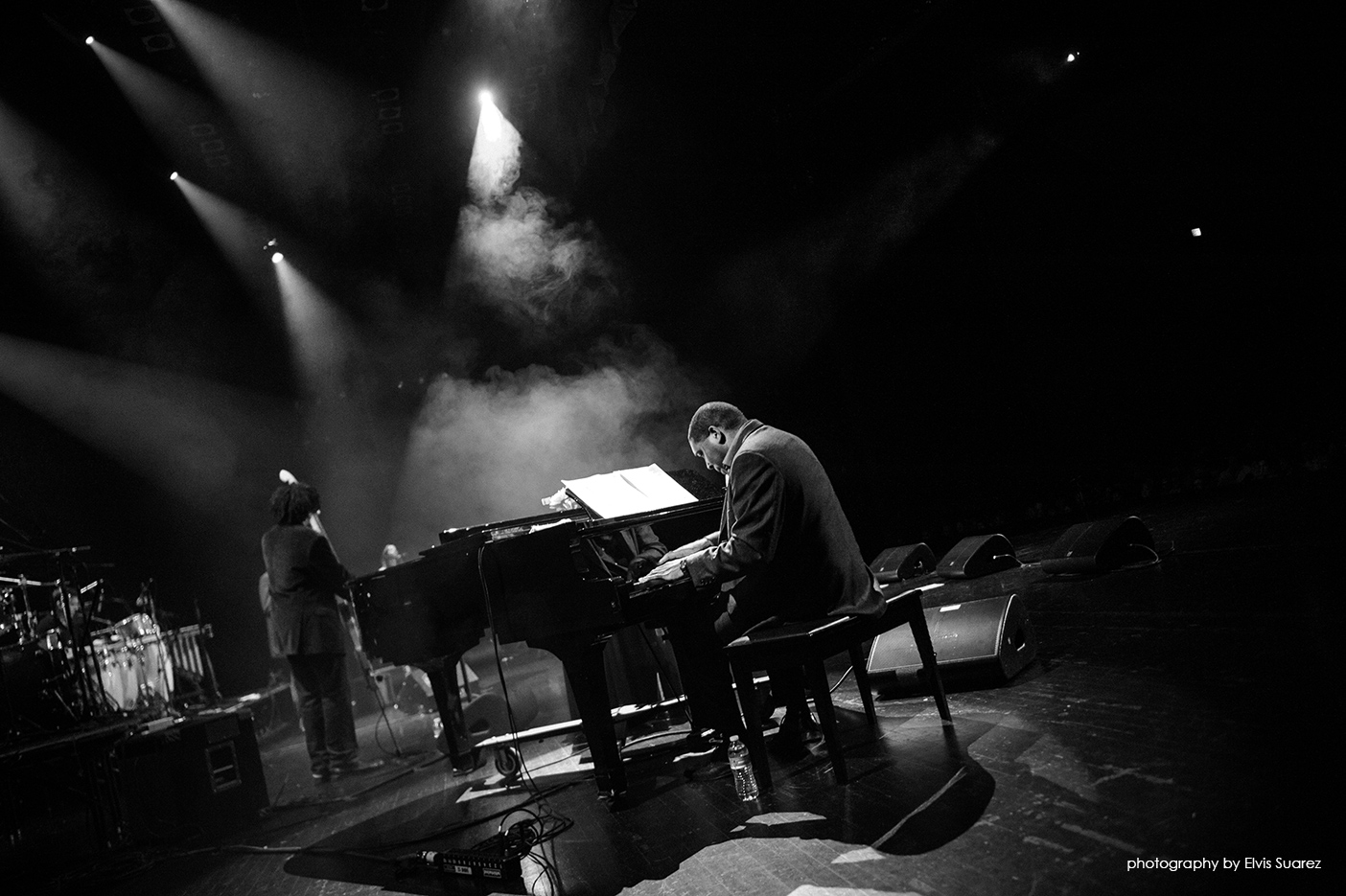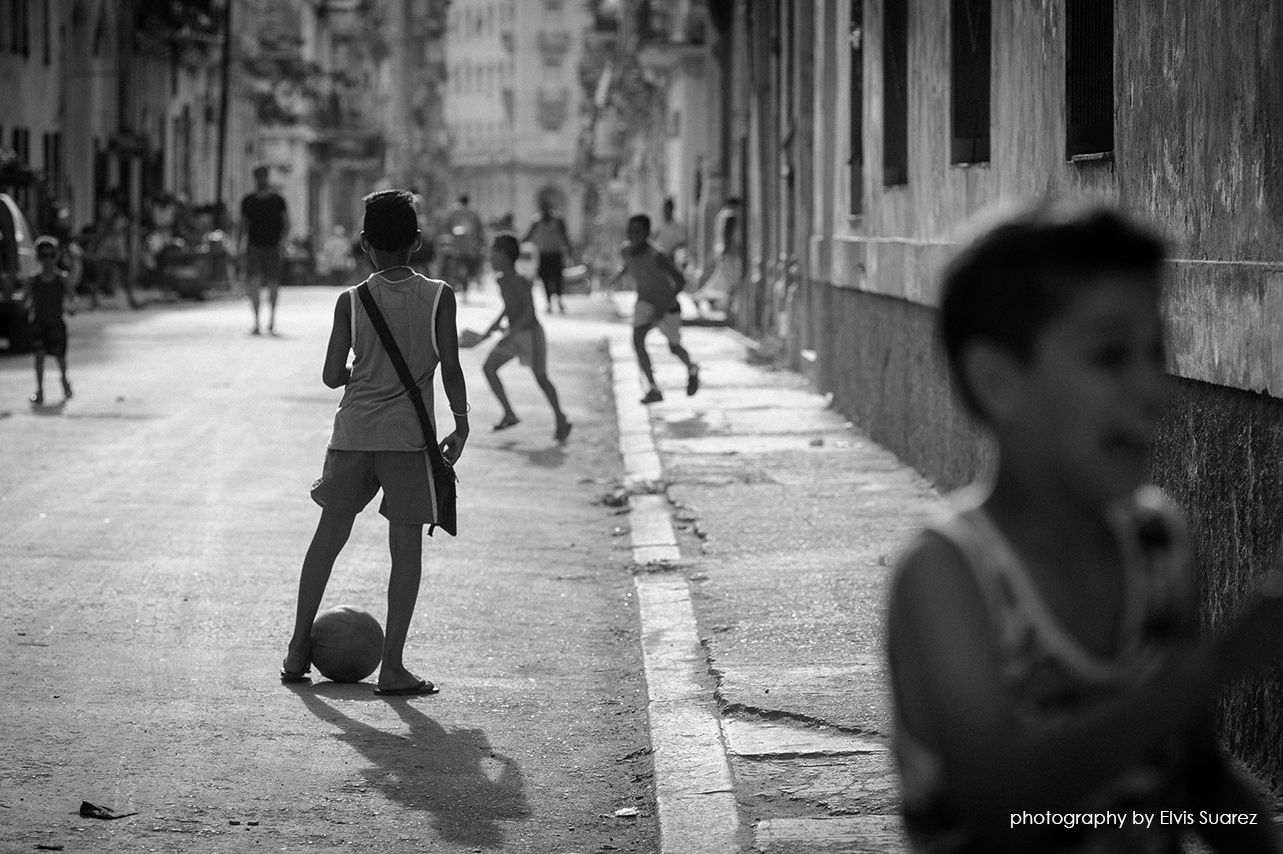Trailer
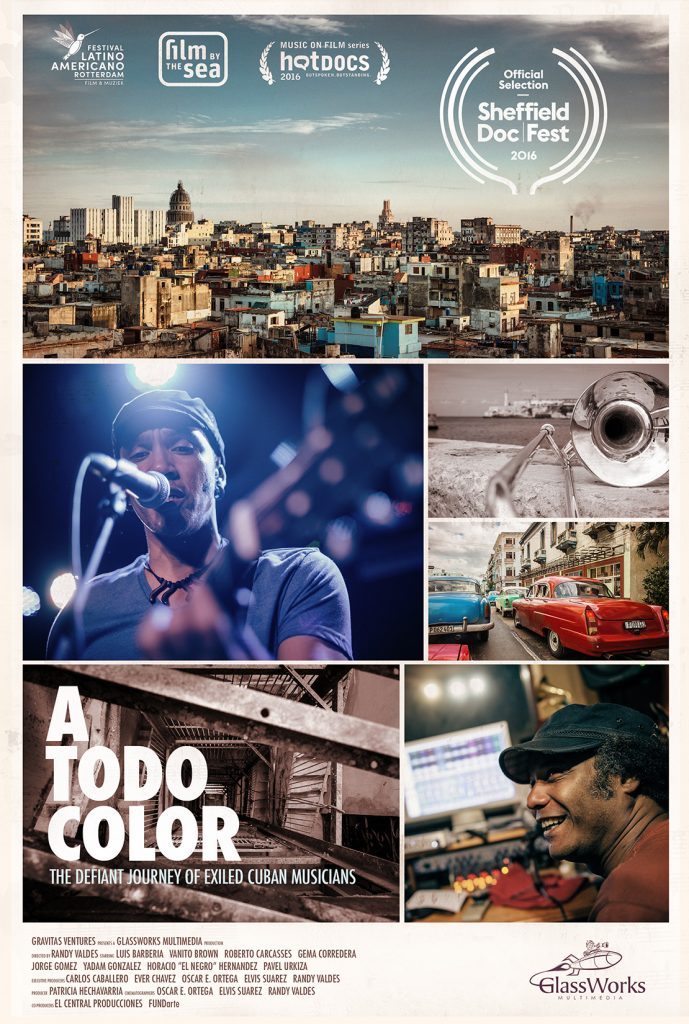
A Todo Color
Feature Documentary Film
Music / Social-Political
In the 90's, during the most devastating crisis in Cuban history, a generation of musicians had to sacrifice home to free their art and survive. Through intimate interviews, these artists chronicle their defiant personal journeys that changed the history of Cuban music.
A Todo Color also includes concert scenes that capture the dynamism and prowess of these talented musicians.
It was a time dubbed as “The Special Period”, Cuba was suffering a fierce economic, political and social crisis that drowned the country in misery, hunger and desperation. Cubans turned to music once again as their only means of expression during the most oppressive times in the nation's history. As a result, a new generation of talented musicians and songwriters arose, carrying the torch for a people desperately seeking freedom.
The Cuban government decided to freeze all exportation of art and shut off the world from the rich evolution that music was experiencing within the country's borders. This led to decreasing career opportunities for Cuban musicians, on the island and abroad. While some chose to stay and fight the oppressive system from within, others felt forced to flee the island in hopes to save their art and survive. A Todo Color is a feature documentary that chronicles the story of these musicians.
Why this period of Cuban music? Why these characters?
All the artists in this film are my personal idols. Habana Abierta, Gema Corredera, Horacio El Negro, Roberto Carcasses, Pavel Urkiza, all of them, I'm very passionate about their music and very intrigued by them. Their music is rich and complicated and take lyrics very seriously. I'm very vocal in my dislike for the music my generation continues to make popular nowadays and I waive the music the artists in our film make as a desperate cry to save an art form.
More importantly, their stories are fascinating, and capture the reality of an entire generation of Cubans, my parent's generation.
Why is the social aspect important for this documentary?
Art has always been what we use to reflect the moment we are in, to celebrate the virtues we enjoy and to give voice to the crisis that we undergo, or at least that's how I see it. So if we don't understand the reality that surrounds the artists, their music is less relevant. To understand the power that the music in our film has, you have to understand the social implications that it carries with it.
What are the origins of the film's aesthetic?
We set out to make a film that would mix Woodstock with Baraka, which are possibly two of the greatest films ever made but also two films that enjoyed real motion picture budgets. We were aiming to mix the two on our first ever film and with no money, so we understood we were going to have to make significant sacrifices. Woodstock does a great job of putting the viewer in a place where you feel you are at the concert. It covers the performances beautifully, its very organic, and we wanted to take that into our concert scenes, we wanted our viewers to feel like they are in attendance at the concerts. Baraka, on the other hand, is a great film that uses the power of motion photography to capture the human world.



